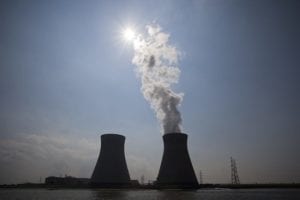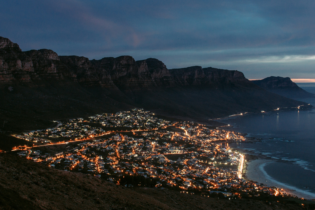 Plans to build South Africa’s new nuclear power stations have been delayed by the government due to a slowdown in economic growth.
Plans to build South Africa’s new nuclear power stations have been delayed by the government due to a slowdown in economic growth.
President Jacob Zuma has expressed his support for the nuclear programme, however with the country on the brink of a credit ratings downgrade, National Treasury has said that South Africa may be unable to afford new reactors.
The energy department said that gas and renewables would form the “biggest chunk of installed capacity by 2050,” and indicated that there was a “significant reduction in installed capacity from coal”. Eskom was in support of the energy department’s long term energy and electricity plan. “We will register as an interested and affected party and submit our comments on the plans through the formal process,” Matshela Koko, group executive for generation said. The department also proposed two alternative plans that had different impacts on costs, carbon emissions and the country’s capacity to build and generate additional renewable energy. The first alternative plan outlined that 25 821 MW of nuclear power could be added to the grid between 2026 and 2049. The second outlined a plan of 5 436 MW of new atomic power being added to the grid, with the first going live in 2037. The energy programme will be refined in March next year and then submitted to Cabinet for final sign-off, however the programme has still faces public opposition. The World Wildlife Fund (WWF) recently expressed disdain regarding the closed door discussion of the energy programme that shut members of the media out. The WWF demanded that “decisions around the nuclear project be made in the full public gaze”. The South African Faith Communities Environment Institute and Earthlife Africa Johannesburg will also be in court next month in a bid to overturn the nuclear build programme.







